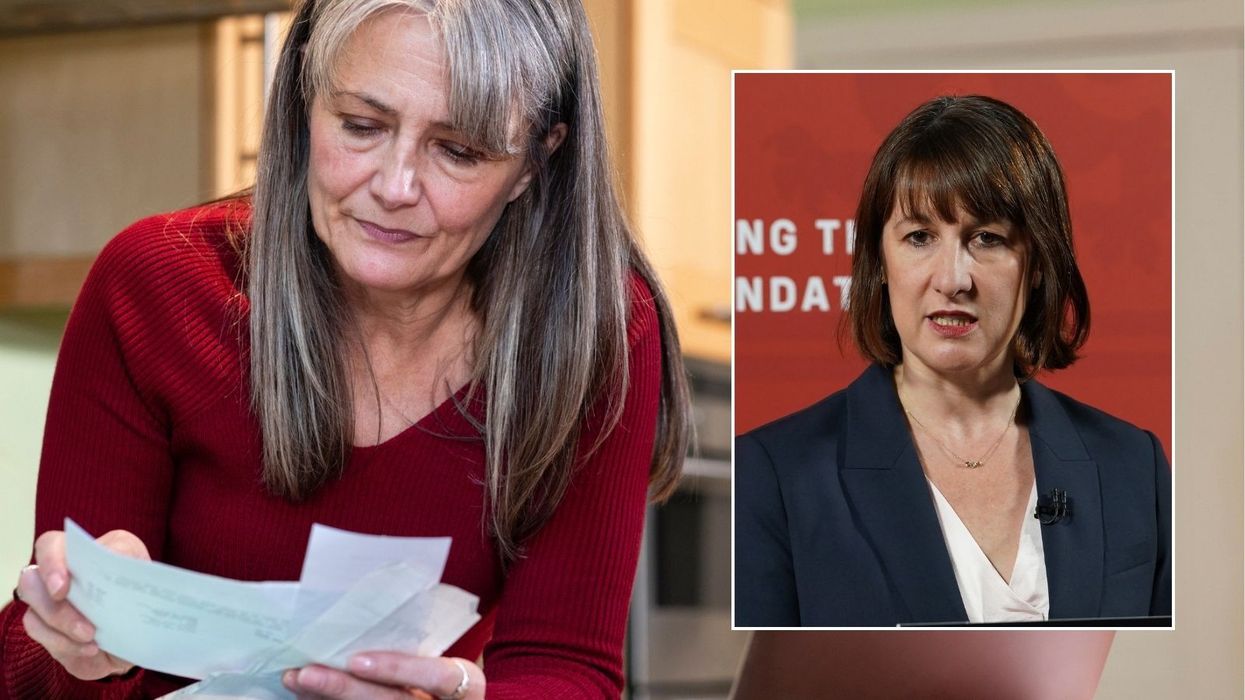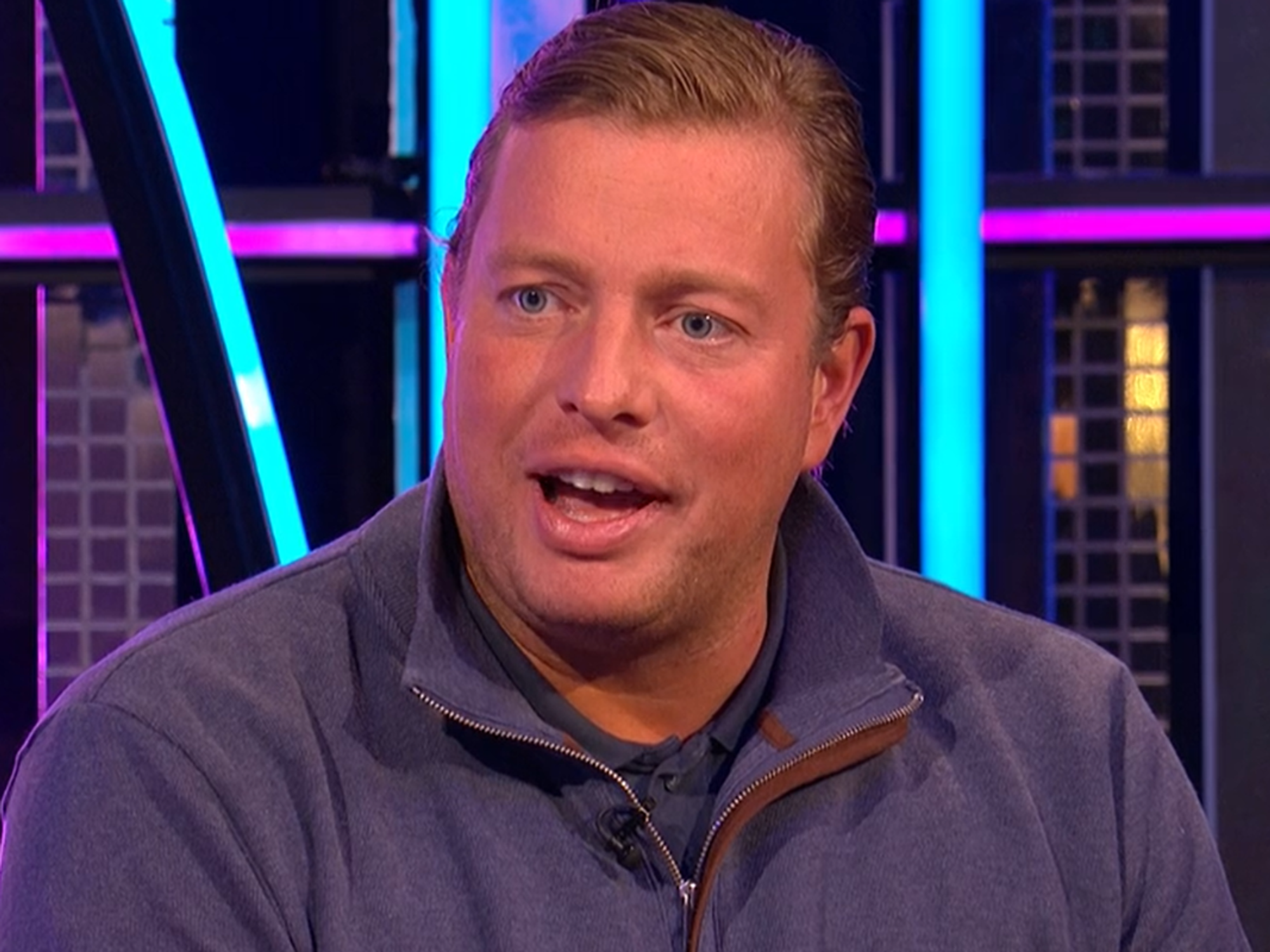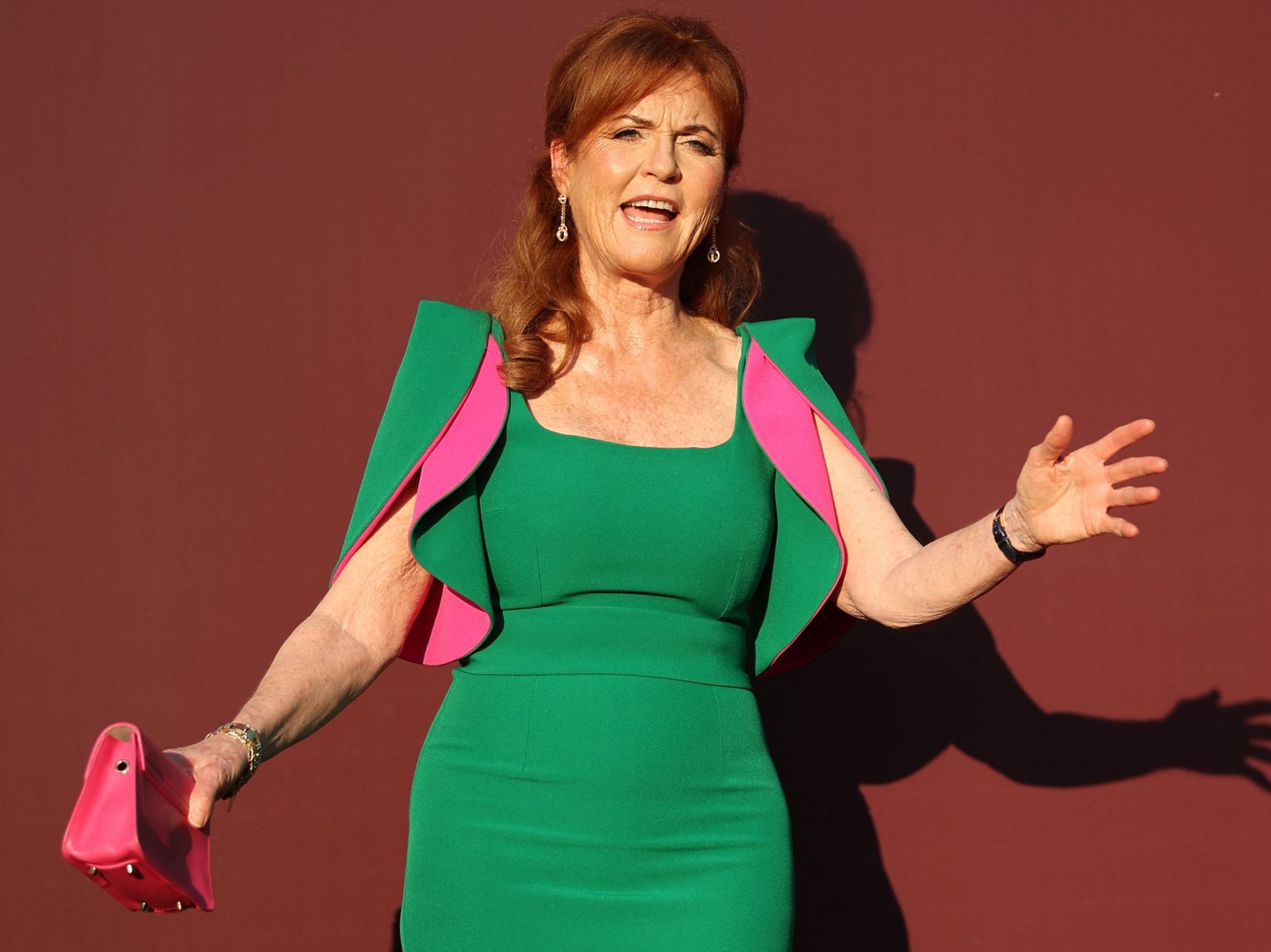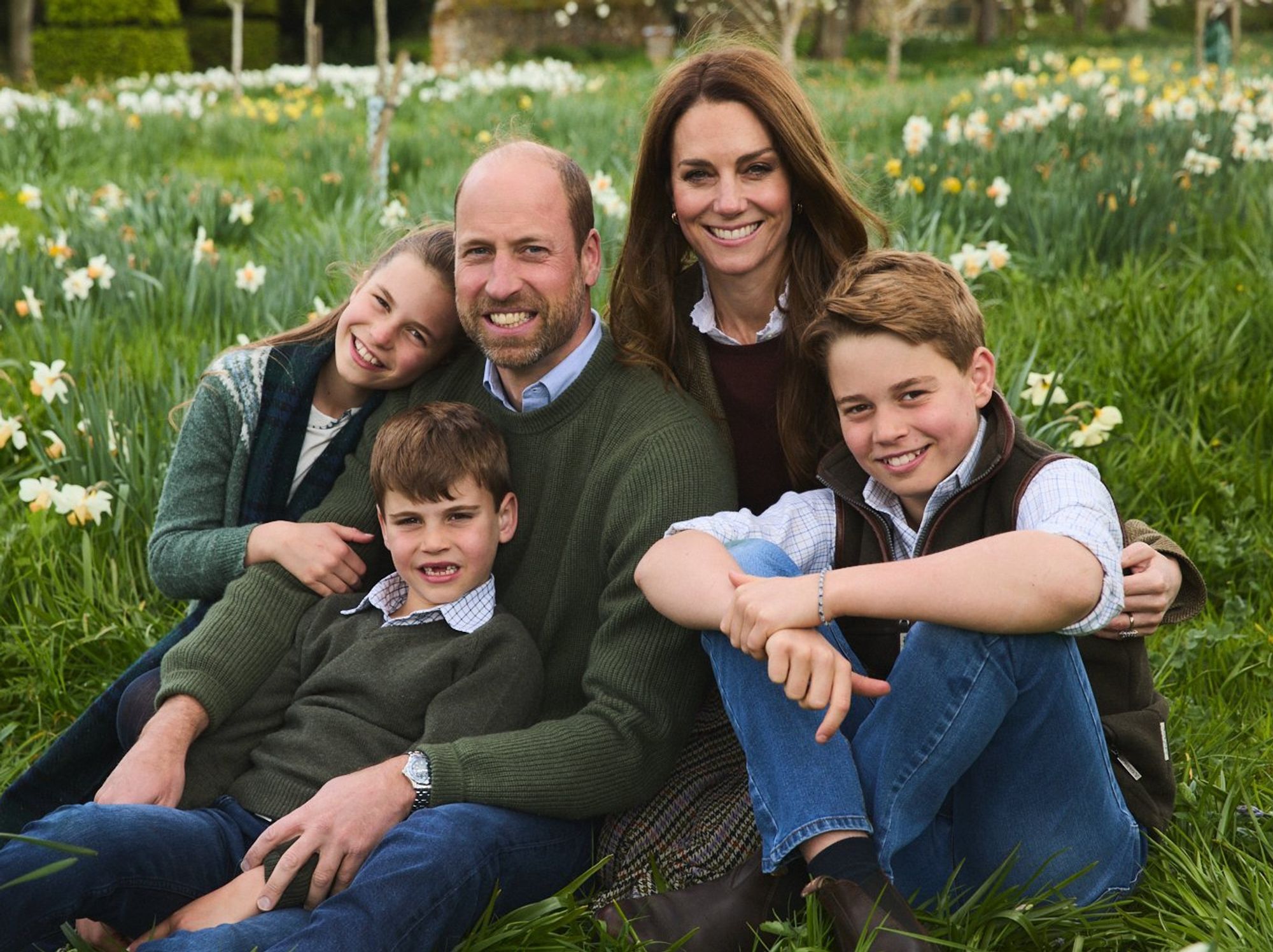Labour's tax raid: Britons warned of 'inheritance tax tweaks' which could see HMRC take 'a big chunk of your estate'

The chancellor has warned she will have to raise taxes in the autumn in order to fix a £22bn black hole in the public finances
| GETTY
The Chancellor has warned she will have to raise taxes in the autumn in order to fix a £22bn black hole in the public finances
Don't Miss
Most Read
Latest
Inheritance tax has become a hot topic of concern for many Britons, with rumours swirling about potential changes in the upcoming October Budget.
Despite only 4.39 per cent of estates paying inheritance tax in 2021/22, it remains one of the most unpopular taxes among the public.
New figures from HM Revenue and Customs have shown that £3.5billion was collected between April and August 2024, marking a £300million increase from the same period last year.
Sarah Coles, head of personal finance at Hargreaves Lansdown, said: "Inheritance tax casts a long shadow. Fewer than 28,000 estates paid it in 2021/22 – that's less than 4.5 per cent of the 634,000 estates that were passed on that year. And yet millions of people are worried about the impact this tax could have on their family.
"Even those who fall well short of the current thresholds are worrying that tweaks to this tax could mean HMRC takes a big chunk out of their estate after they die."
Several potential changes to inheritance tax are being speculated upon, to come to pass in the upcoming Budget - each with varying degrees of likelihood.
 Those approaching retirement are being urged to take advantage of tax-free allowances | GETTY
Those approaching retirement are being urged to take advantage of tax-free allowances | GETTY1. Increasing the tax rate from 40 per cent to 45 or 50 per cent
Coles considered this "outside chance", as it would affect few estates and potentially encourage more tax avoidance strategies from the wealthy anyway.
2. Revisiting nil rate bands
This would be highly controversial due to its broader impact and the fact it plays a big part in protecting smaller estates from paying tax.
It is unlikely this would change as it would affect more people and could cause a significant backlash and there are other allowances which would be far less controversial to change.
3. Reconsidering rules around spouses and married partners
Changes to rules for spouses and civil partners are deemed unlikely due to potential political backlash.
Sarah Coles explains: "Paying tax on assets left to a spouse could mean endless stories of bereaved spouses forced out of their home by HMRC.
"Not being able to pass nil rate bands would mean a tax bill after the death of a couple living in an average property in London. It would magnify the number of people who are stressed about inheritance tax."
4. Tweaking agricultural relief or business property relief
The Government could choose to tweak these reliefs rather than change them completely. This makes any differences to agricultural relief and business property relief are seen as more probable, she explained.
Change could involve limiting the assets eligible for relief or increasing minimum holding periods.
5. Making pensions subject to inheritance tax
Changes to pension inheritance rules are also possible, particularly given the current tax-free status of defined contribution pensions.
6. Charging capital gains tax on death
Charging capital gains tax on death is considered relatively likely, as the government may view this as "low-hanging fruit".
Coles said: "For those who plan to spend their pension within their lifetime, there's no impact. And given that so many people expect this to be the case for them, it could limit the reaction to any change."
She added: "Anyone who has invested in stocks and shares will still be able to realise their gains gradually over time and pay no tax on them."
For those concerned about potential inheritance tax changes, there are steps to consider.
Coles said: "If you're worried the Government might cut the nil rate band, you can give up to £3,000 away before the change, which will fall within your annual gift allowance."
Larger sums can be gifted, becoming tax-free after seven years. Surplus income can also be given away tax-free, subject to specific rules.
For children under 18, contributing to Junior ISAs can be an effective strategy.
Coles said: "You could consider paying £3,000 into a Junior ISA for them each year. This is counted as being given away immediately for inheritance tax purposes but is tied up until they reach the age of 18."
However, she cautioned against rushed decisions: "If you can't afford it now, don't let tax anxiety rush you into something you'll regret."










